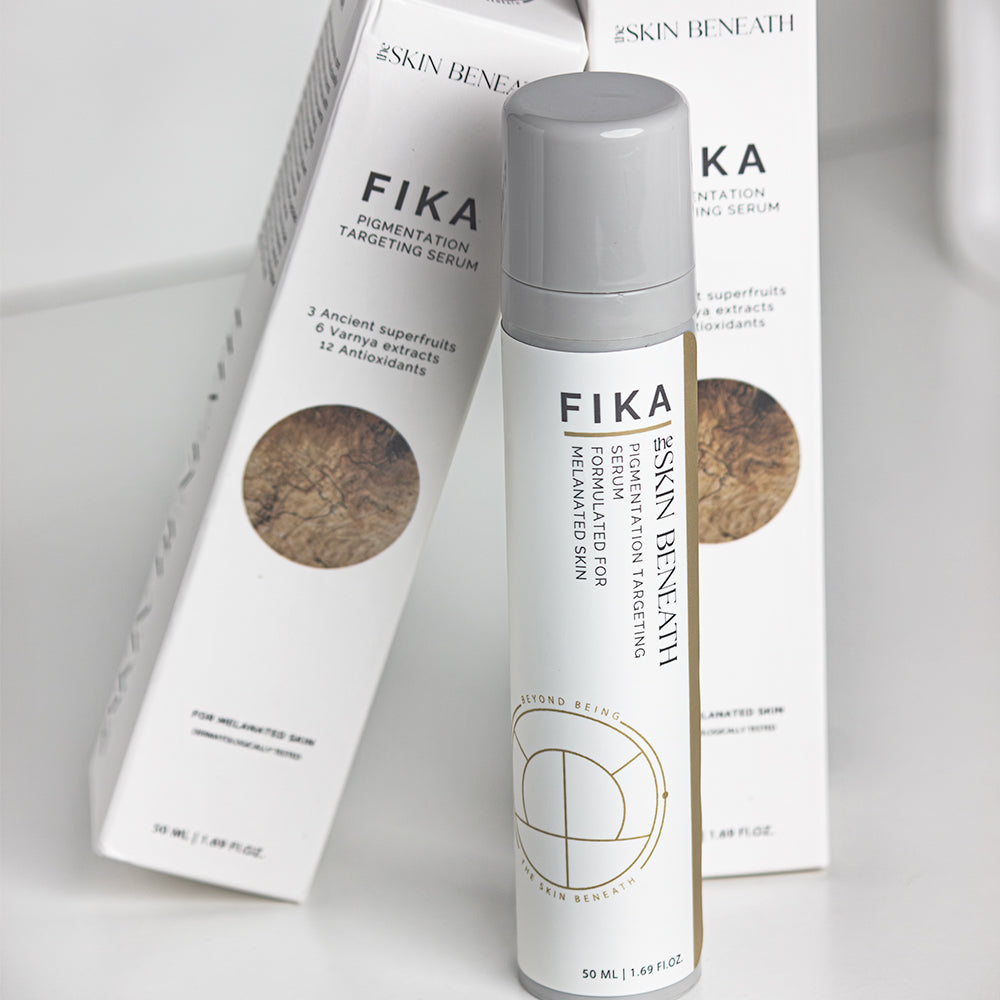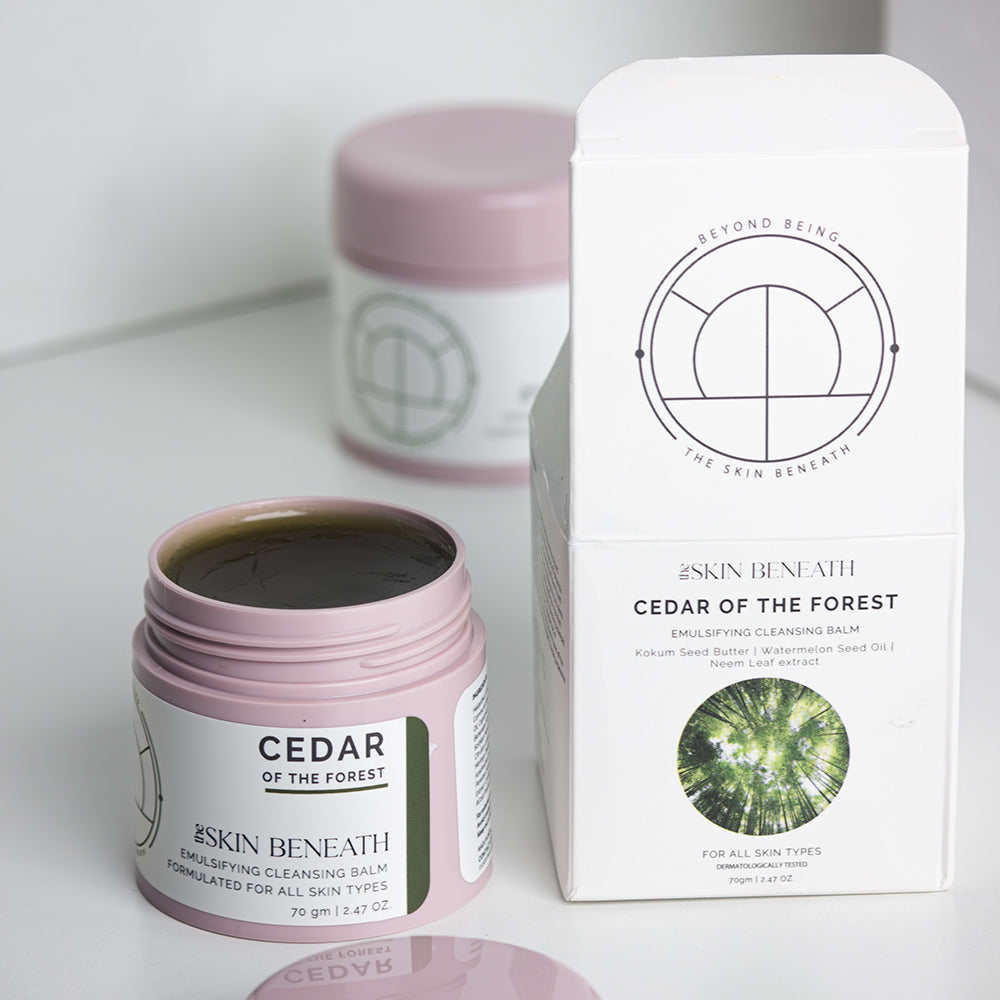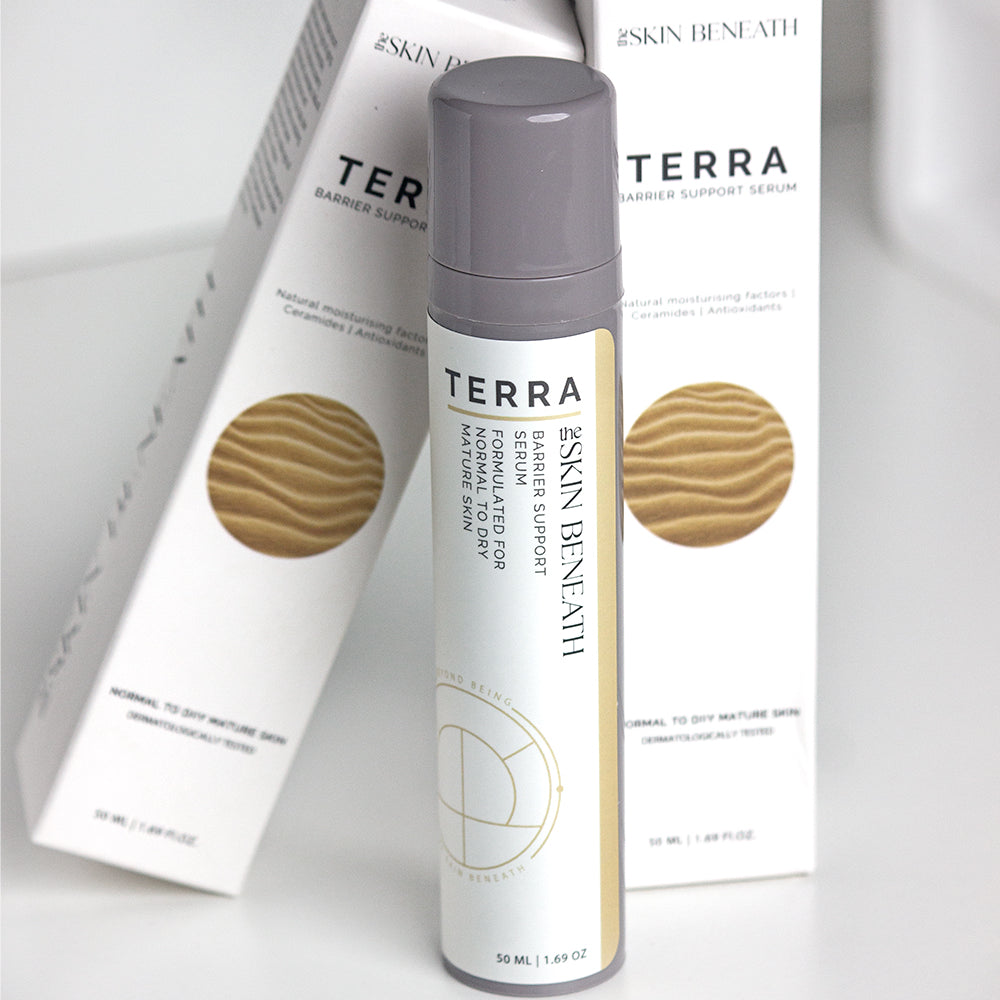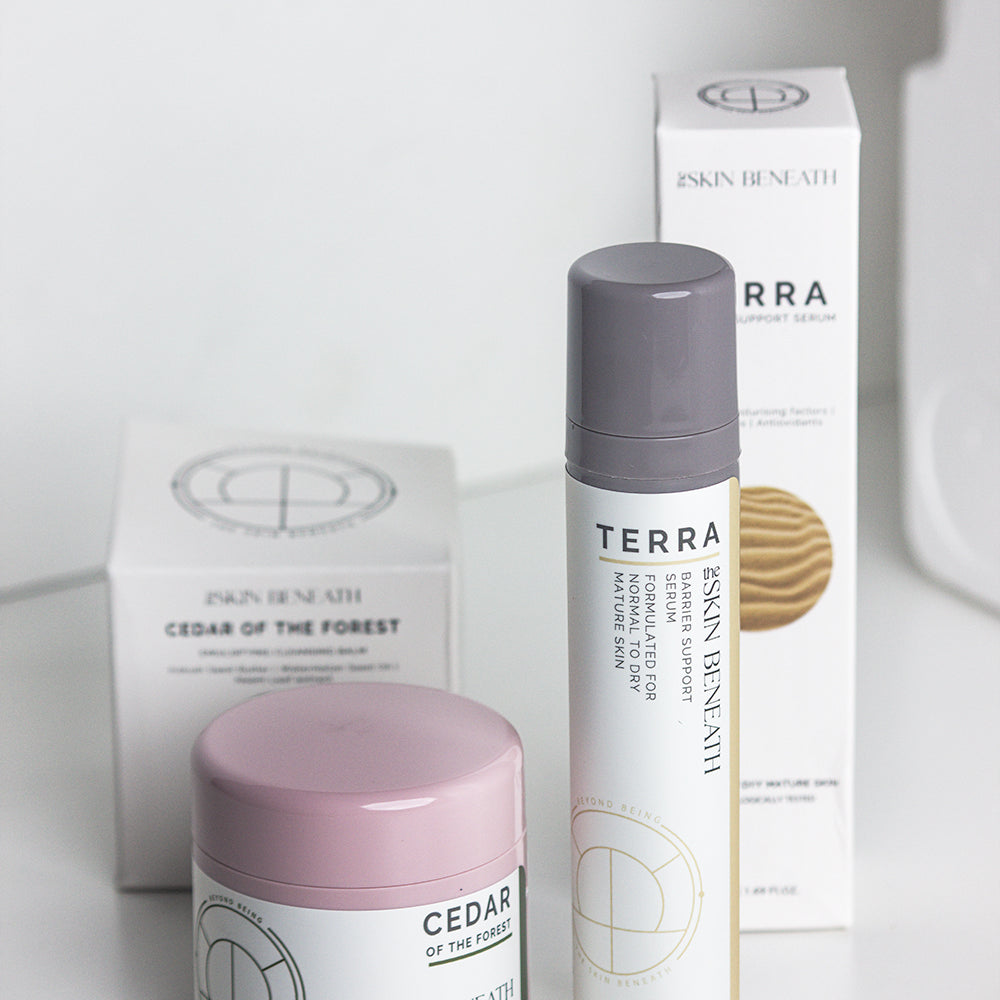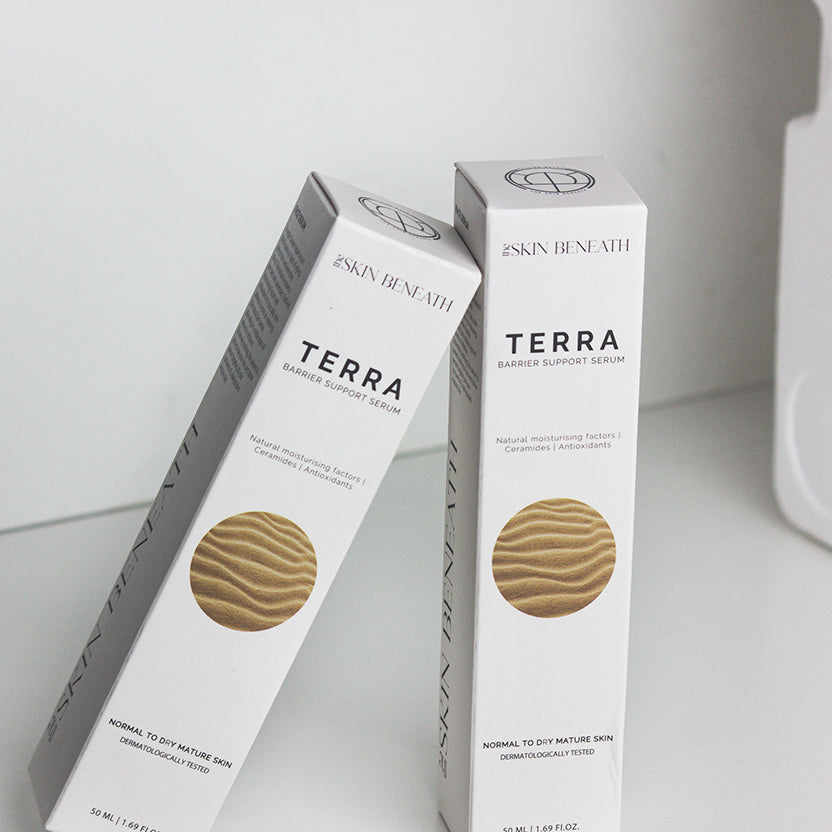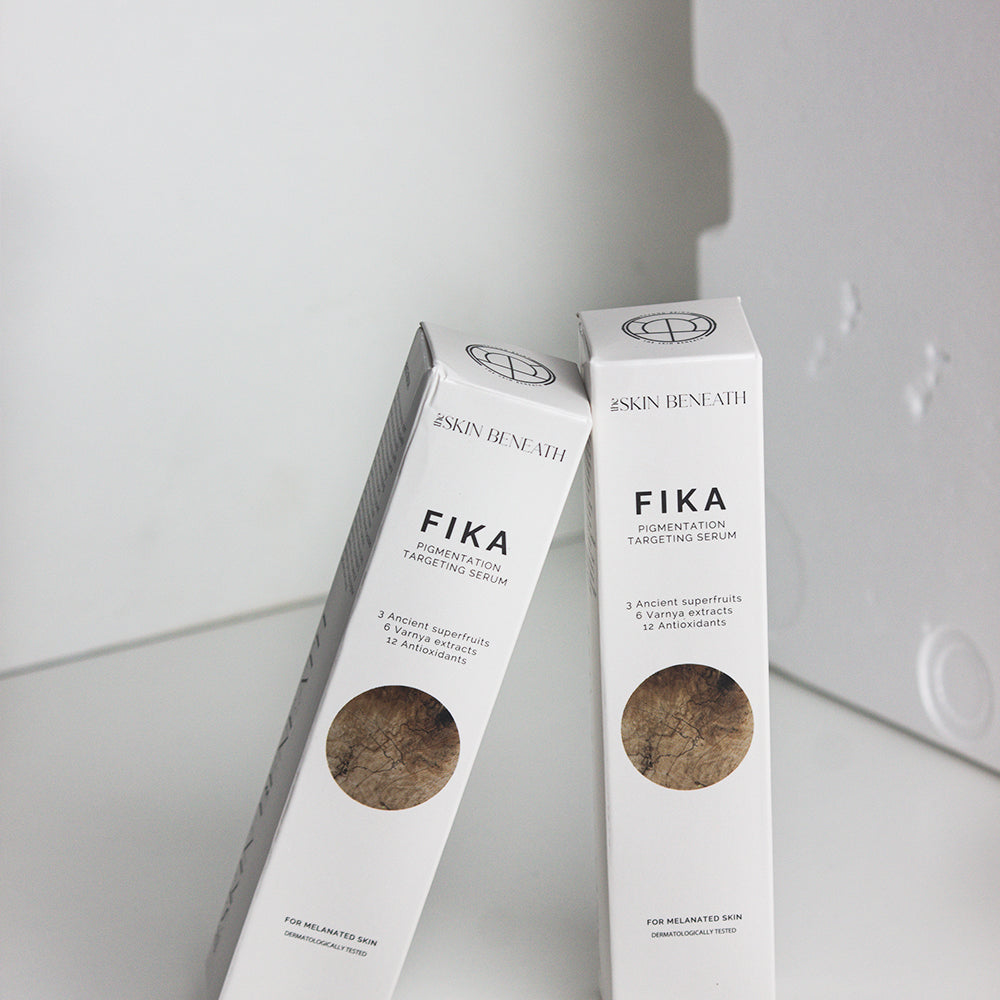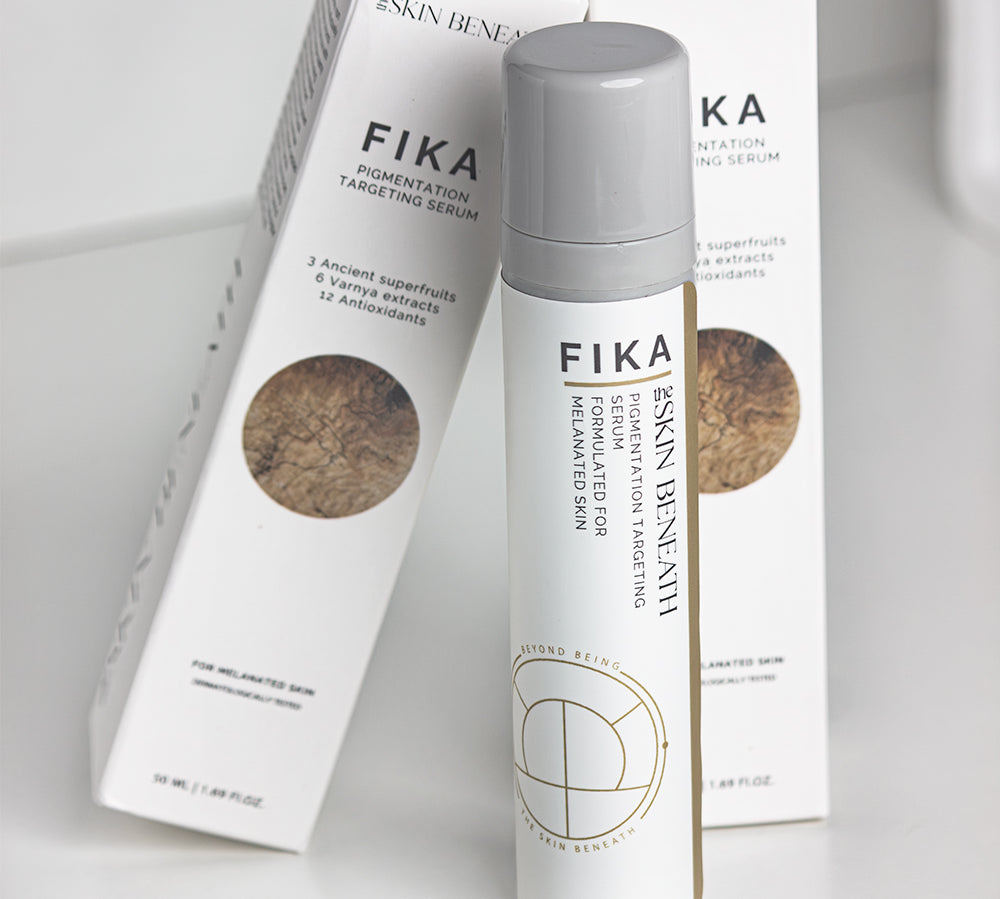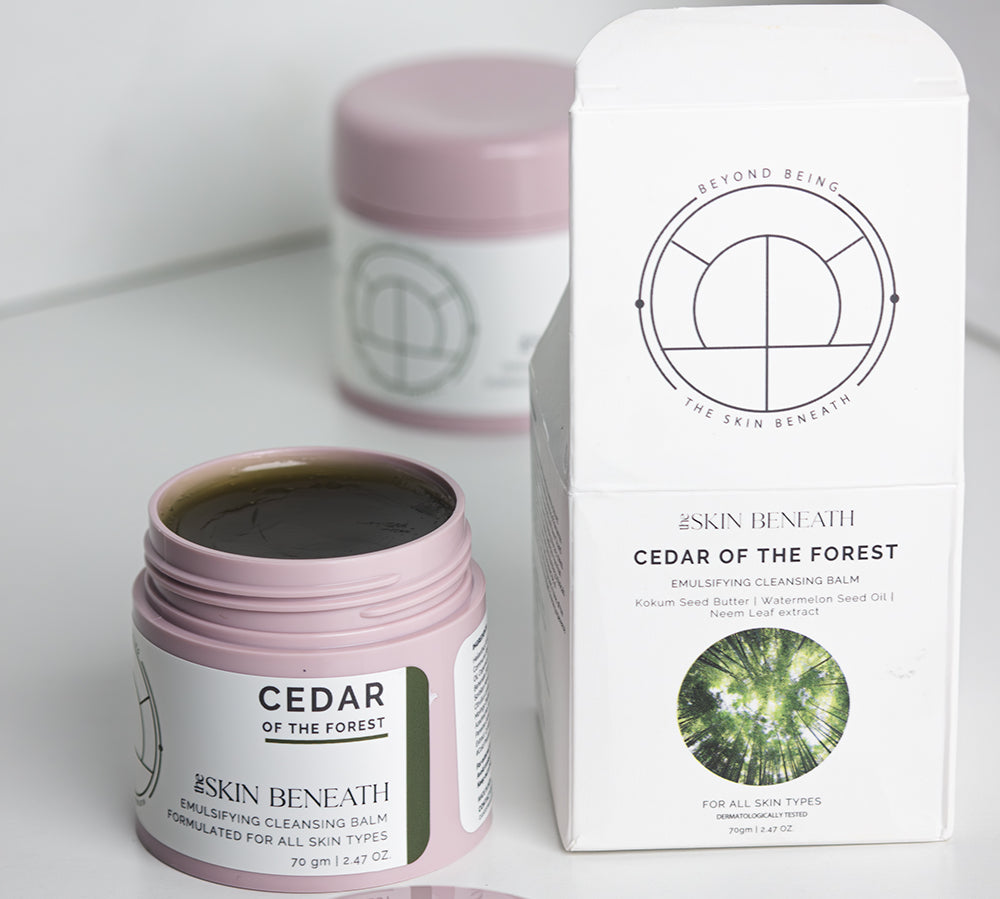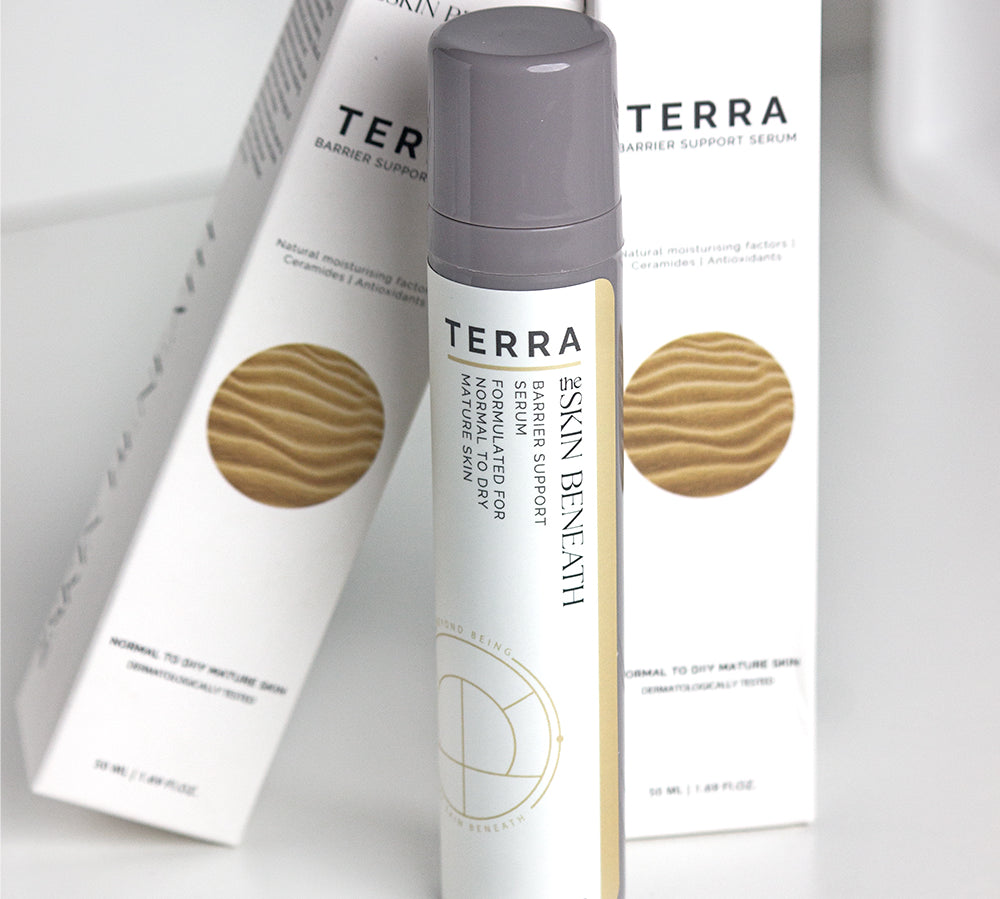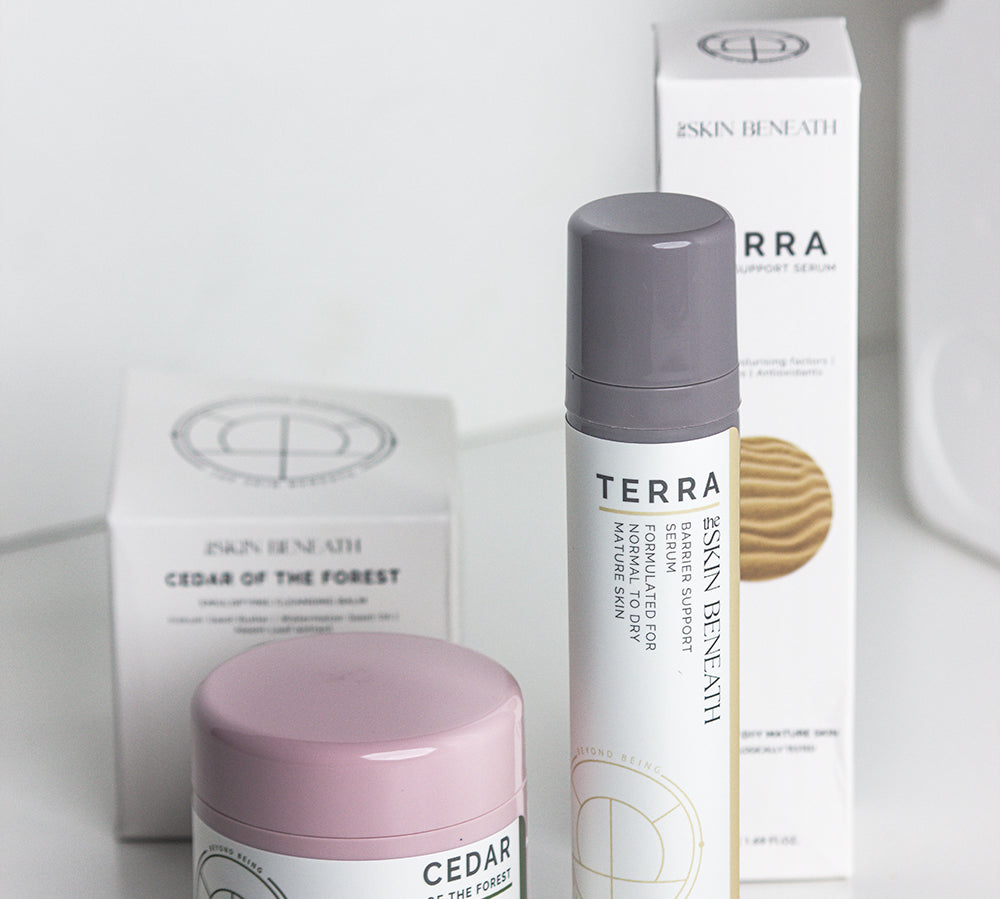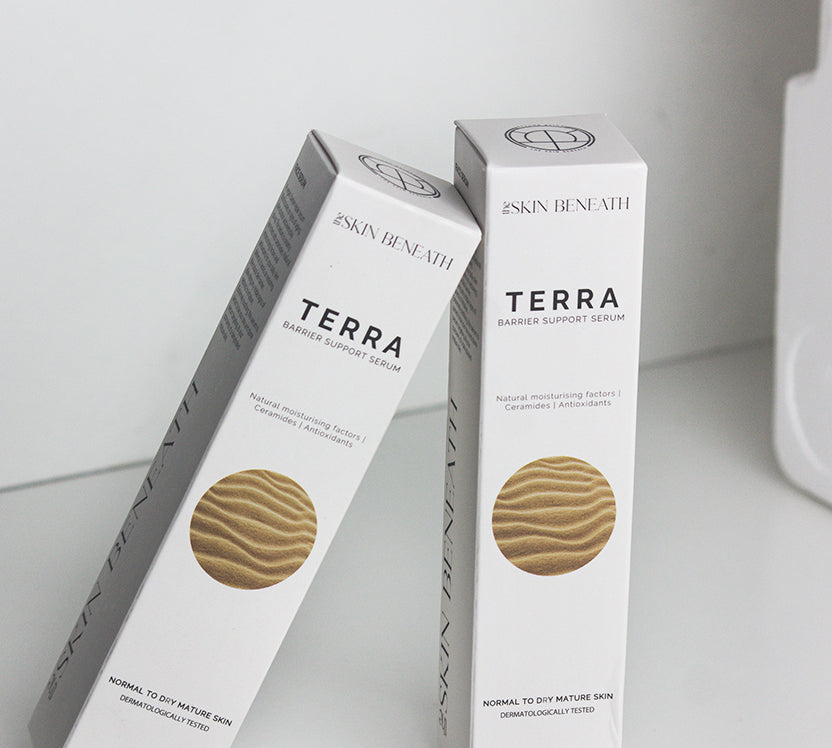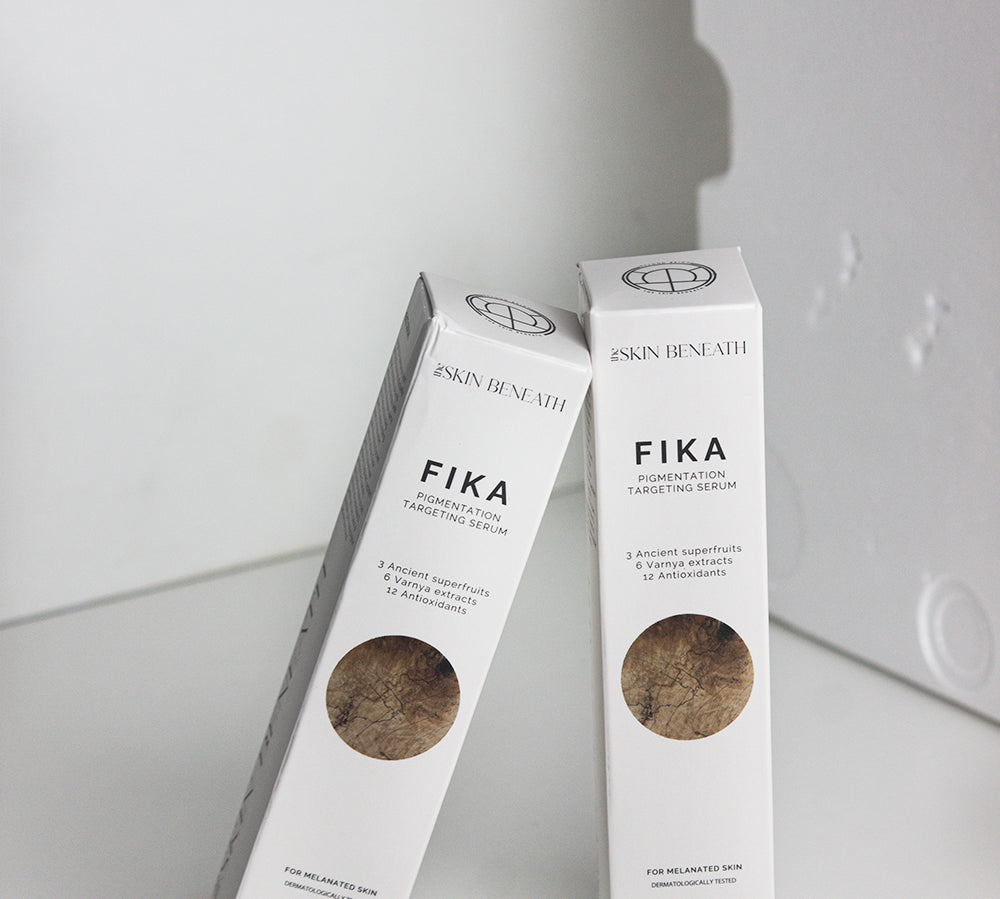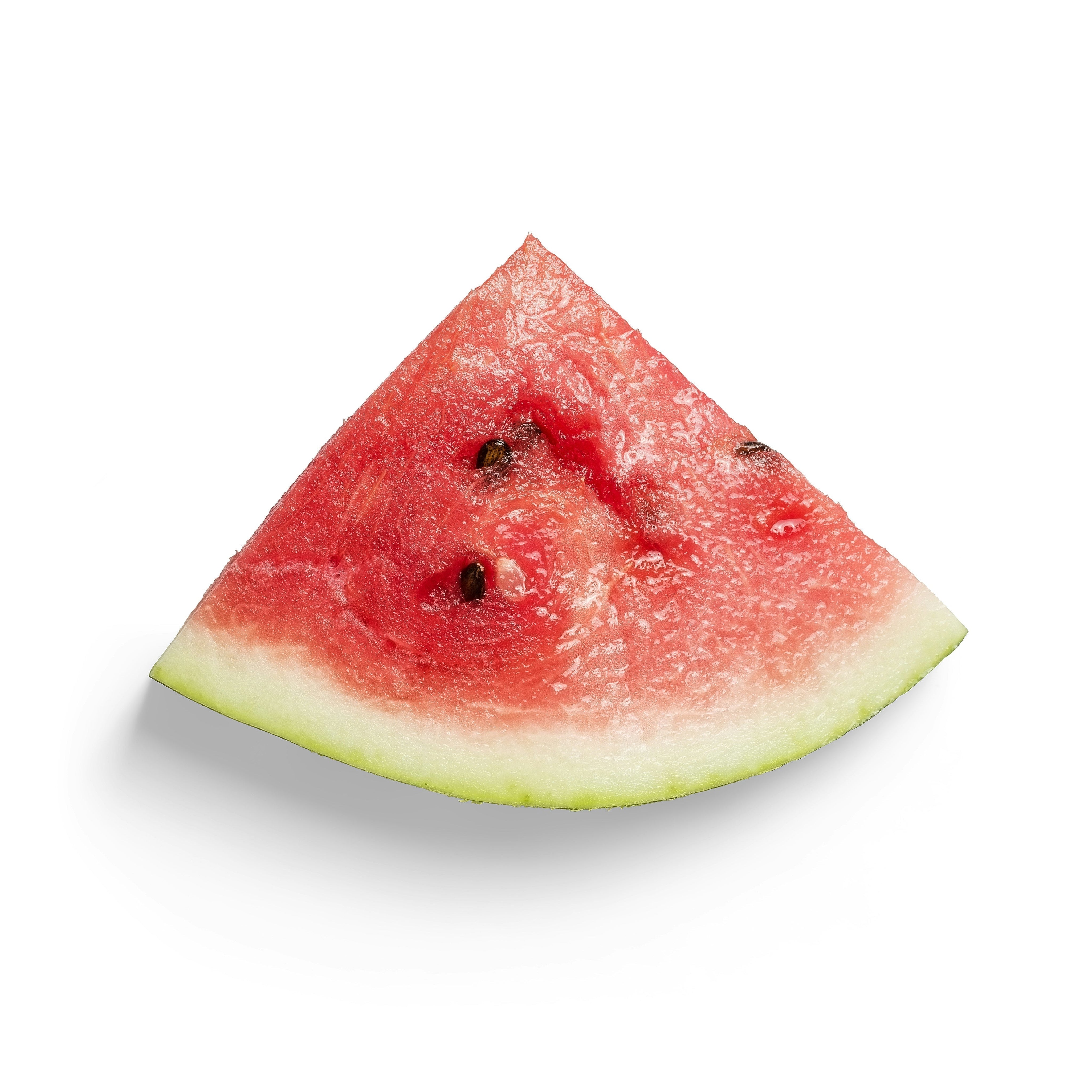Watermelon Seed Oil
Watermelon seeds are one of the underexplored and unutilized seeds. We utilise watermelon seed oils as the seed oil contains essential fatty acids, vitamin-E, minerals and also has anti-oxidant properties. It acts as an excellent humectant and holds amazing moisturizing properties. It is beneficial for both oily and dry skin. It is easily absorbed by the skin and helps in improving skin elasticity. The seed oil is high in linoleic acid & has great properties that help clear your skin at an exponential rate. It has anti inflammatory properties and is non comedogenic. It is a noncomedogenic, highly penetrating oil that beautifies the skin's appearance almost instantly. Here is a brief article from us for you
1. Composition and Fatty Acid Profile
Watermelon seed oil is cold-pressed from the seeds of Citrullus lanatus. Its molecular composition makes it particularly suited for skin care:
-
Linoleic Acid (Omega-6, ~60%+): Supports skin barrier repair and sebum regulation. High linoleic acid oils are beneficial for acne-prone and sensitive skin types.
-
Oleic Acid (Omega-9, ~15%): Offers emollience and mild occlusion.
-
Phytosterols: Anti-inflammatory and barrier-strengthening.
-
Vitamin E & Minerals: Natural antioxidant protection and nourishment.
From a chemistry standpoint, this balance of unsaturated fatty acids allows the oil to remain fluid at skin temperature, spread easily, and emulsify well in cleansing systems.
2. Hydration and Barrier Integrity
Unlike heavier oils that occlude the skin, watermelon seed oil forms a lightweight lipid layer that complements the skin’s natural sebum profile. This is particularly important in a cleansing balm, which interacts with the skin during a potentially disruptive phase of the skincare routine.
Studies indicate that linoleic acid-rich oils like watermelon seed oil:
-
Improve water retention in the stratum corneum
-
Decrease transepidermal water loss (TEWL)
-
Do not clog pores
Additionally, the oil’s phytosterol content aids in reinforcing the lipid matrix of the skin barrier, helping to calm irritation and microinflammation commonly caused by over-cleansing.
3. Functionality in Cleansing Balms
In a balm cleanser, watermelon seed oil serves both functional and therapeutic roles:
-
Emulsification: When combined with emulsifiers and waxes, it allows the balm to rinse off cleanly without leaving a heavy film.
-
Makeup and SPF Breakdown: The oil effectively solubilizes oil-based residues including sunscreen, makeup, and sebum.
-
Sensory Profile: Its fast-absorbing, non-greasy feel contributes to a pleasant user experience across all skin types.
Unlike coconut oil or other saturated fats, it remains liquid at room temperature and doesn’t solidify the balm excessively—a formulation benefit that allows for smoother application and faster melting upon contact.
Learn how Cedar of the Forest, our emulsifying cleansing balm, uses watermelon seed oil to cleanse without stripping the skin.
Cedar of the Forest – Emulsifying Cleansing Balm with Watermelon Seed Oil
4. Suitability Across Skin Types
For Oily and Acne-Prone Skin:
Watermelon seed oil is classified as non-comedogenic. Its linoleic acid content supports sebum balance, a key factor in acne management.
For Dry and Sensitive Skin:
Its ability to mimic the lipid structure of natural sebum makes it effective at maintaining barrier function, reducing flakiness and tightness post-cleanse.
For Aging Skin:
Antioxidants like vitamin E provide oxidative stress protection, which supports overall skin resilience during cleansing.
5. Formulation Considerations and Stability
Watermelon seed oil is relatively stable due to its balanced fatty acid profile and presence of natural tocopherols. It has a light yellow color and neutral scent, making it suitable for fragrance-free or low-scent formulas. It pairs well with ingredients like:
-
Moringa seed oil (cleansing efficiency)
-
Kokum butter or mango butter (balm texture)
-
Vegan waxes (structure)
Its low viscosity also reduces the need for heavy thickeners, allowing for a clean-rinse balm that doesn’t compromise on nourishment.
Final Thoughts
Watermelon seed oil exemplifies the kind of ingredient that aligns with both scientific credibility and the philosophy of slow, intentional beauty. It supports effective cleansing while maintaining hydration, lipid balance, and skin comfort—making it a compelling base oil in well-designed cleansing balms.
For formulators and users alike, it offers an elegant solution: thorough cleansing without disruption.
References & Clinical Sources:
-
Clinikally.com – "Pros and Cons of Watermelon Seed Oil in Skincare"
-
Clearstem.com – "Watermelon Seed Oil and Acne"
-
PubMed – Fatty Acid Composition and Skin Barrier Studies
-
Cosmetic Formulation Science Handbook, 2023 Ed.
-
NatureInBottle.com – Supplier specifications for watermelon seed oil


